John Boyne
with artwork by Oliver Jeffers
(David Fickling Books)
Eight year-old Noah is running away. Running away from what, we are not sure yet but as dawn slowly peeking behind the night, he leaves his house and his sleeping parents behind and takes to the road. On his way many odd things seem to happen to him, and when he eventually enters the forest, this culminates as he comes across the most unusual toyshop. He enters and meets the mysterious toymaker who lives there alone. Soon the old man is recalling his life, and encouraging Noah to unveil details of his. As the reason why Noah has run away is slowly uncovered and he becomes more adamant that he will not go back home, the toymaker shows him the errors in his own life, urging him not to do the same.
Noah Barleywater Runs Away is a truly magical tale and one certainly has the makings of a modern classic. I felt both sad and elated once I had finished reading it. Sad because it was over and would never get to the experience of reading it for the first time, but elated because I knew I had just read something very special. I am so glad John Boyne wrote this book, and I can only imagine how difficult it must have been to write another children’s book after The Boy in the Striped Pyjamas, a book which has sold over 5 million copies worldwide but is probably best known for how it divides its audience. You either love or hate it. I fall in the latter category, but still, I appreciated Boyne’s talent as a writer and was really hoping he would write a book that I could like. He has proved here that he is a fantastic craftsman at storytelling. I can’t help but wonder whether with the quote on page 151, he is having a little dig at some of his detractors:
I could be wrong of course!
But Noah Barleywater is not that dissimilar from Boy in the Striped Pyjamas. Both have a young and naive protagonist who is struggling to deal with very adult issues. And both can be read on two very different levels. For a young audience, it will be read from a child’s point of view and will be enjoyed as a wonderful, magical adventure with a good pinch of the absurd and the unexplained. The author has subtitled the book a fairytale after all and one should not be surprised to meet talking dogs, disappearing doors and real-life-cuckoo clocks.
For a more mature audience, just as with Boy in the Striped Pyjamas, insight will allow them to see things a bit differently. Here, they will a truly inspiring philosophical tale. Noah must take this journey in order to face what is to him, and rightly so, the unthinkable. Only once he has completed this journey is able to go back to his life. This works beautifully as a coming of age story of course, but it is so much more, about learning to deal with life, with who we are and what it takes for us to get there. This is potent in the Old Man’s story as well as Noah’s. Again, like in Boy in Striped Pyjamas, there is a big revelation at the end. In this case, there are too really: we must find out what Noah is running away from but also who the Old Man really is. Will a more mature audience see the final revelation coming? I did, eventually. Once the slow realisation of what is happening in Noah’s life and what has happened in the old man’s set in, I felt overwhelmed by emotion at what was potentially going to come out of the story. I knew nothing of the final revelation when I started the book and I think this made the slow discovery all the more delicious, but I think the enjoyment of the story would not have been spoilt by “knowing”.
Boyne has a real way with words. It is witty, subtle and effective. The text has a magical quality which cannot only be conveyed by its contents. His style goes a long way at the setting the tone,; it is as gentle as Patrick Ness’ is harsh, for a lack of a better explanation on my part (I love Patrick Ness’ work, so it is by all means a compliment). I loved the story of the little boy who had lived the first few years of his life between two panes of glass and once he had exercised after being set free, felt shattered. How simple, how clever.
The book as an object is a also little piece of magic. I make no secret of my admiration for Oliver Jeffers’ work and although the illustrations are scarce in this volume, it does bring extra magic to the story. The cover is absolutely beautiful; in fact I was sent a proof copy by the publisher which didn’t include any of the illustrations so I had to go and buy my own “real” copy when it came out!
I have read a lot of extremely good books this year. But like Neil Gaiman’s The Graveyard Book a few years ago, Noah Barleywater Runs Away is in a league of its own. This is most definitely one of my favourite reads of 2010, and fighting for first place with only a handful of other contenders.
Simply magical.
Sent for review by publisher.

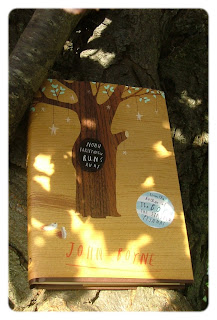
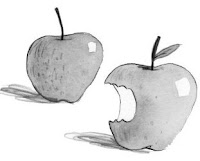
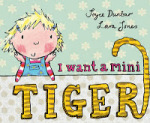
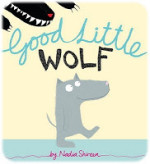


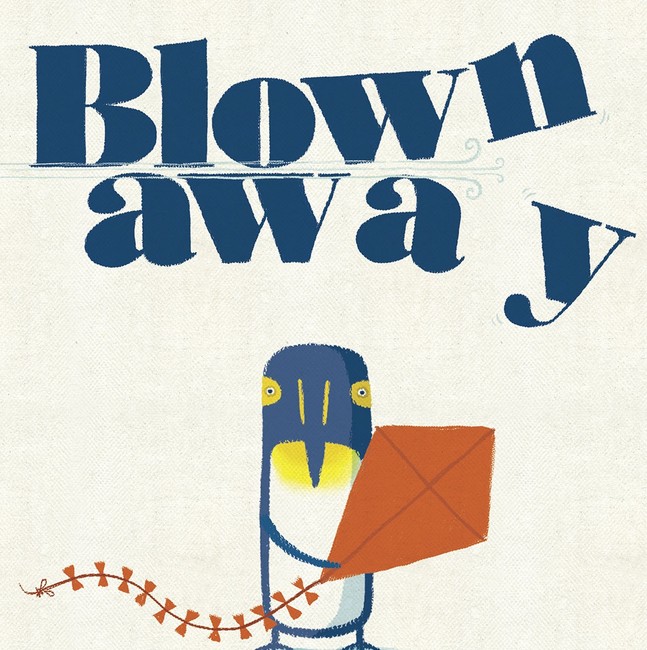
Oh wow, what an amazing review. I have this on my shelf and haven’t yet got around to review it. I now know I am in for something really special when I do.
Thanks, it took me ages to write it actually, I was finding hard to put in words what I liked about the book.Sometimes the more i like a book the harder it is to convey it into words!